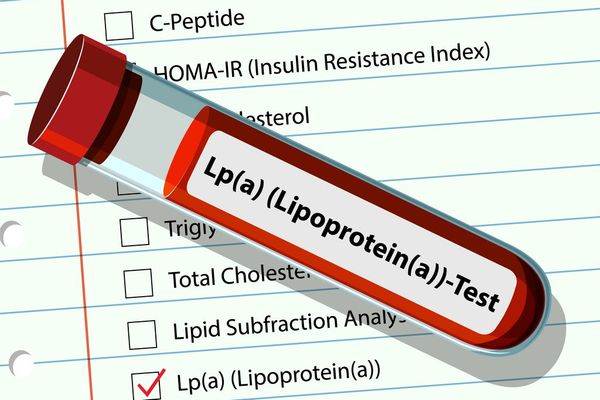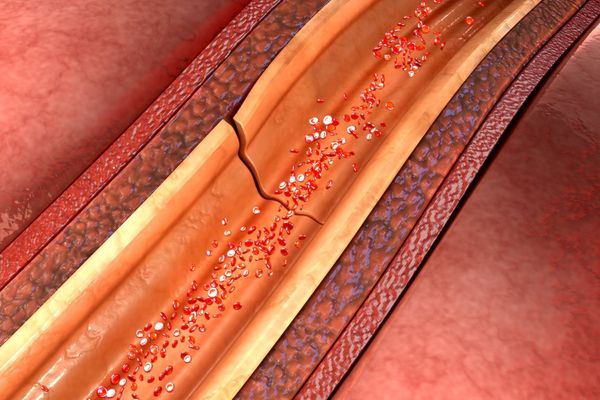If you are diagnosed with atrial fibrillation (AFib), an irregular and often rapid heart rate that occurs when the two upper chambers of your heart (atria) experience chaotic electrical signals, management is incredibly important.
Those who have AFib should be well aware of these things: living a healthy lifestyle and reducing stroke risk.
Living a Healthy Lifestyle
As with any heart-related disease or condition, the following lifestyle guidelines should be adhered to:
Eat a healthy diet that's low in salt and solid fats and rich in fruits, vegetables and whole grains
Exercise regularly
Quit smoking
Maintain a healthy weight
Keep blood pressure and cholesterol levels under control
Drink alcohol only in moderation
See your doctor on a regular basis
Reducing Stroke Risk
Stroke risk is mostly well-known among people diagnosed with AFib. During a recent HealthyWomen survey, sponsored by Boehringer Ingelheim, 80 percent of the 520 women respondents diagnosed with AFib said their health care provider discussed their stroke risk with them.*
Blood thinners can lower your risk of a stroke caused by blood clots. The vast majority of survey respondents—93 percent—said their health care providers talked to them about the importance of taking their blood-thinning medication as prescribed.
While blood-thinning medications are an important part of reducing stroke risk for those with AFib, there are some instances when the effect of blood-thinning medications may need to be reversed. For example, in emergency situations—blood thinners can cause excessive bleeding that can be life threatening.
While the risk of bleeding in emergencies is serious for those taking blood-thinning medication, reversal treatments work to reverse the blood-thinning effect of blood-thinning medications. Ask your health care provider about available reversal treatment options. A health care provider can administer the reversal agent in emergency situations. The use of reversal agents may increase risk for stroke, but this risk is reduced by restarting the blood thinners as soon as possible after the emergency.
During our HealthyWomen survey, we found that 59 percent of women were not aware that there are reversal treatments for some medications used to reduce stroke risk with AFib. If you ever find yourself in an emergency situation where a health care provider needs to give you a reversal agent, be aware that a reversal agent does increase your risk of stroke and blood clots. Your health care provider will restart you on a blood thinner as soon as possible to reduce the risk.
* A total of 935 respondents completed the online survey between October 30, 2017, and January 15, 2018. Of those respondents, 520 are diagnosed with AFib and 126 are caring for someone diagnosed with AFib.






